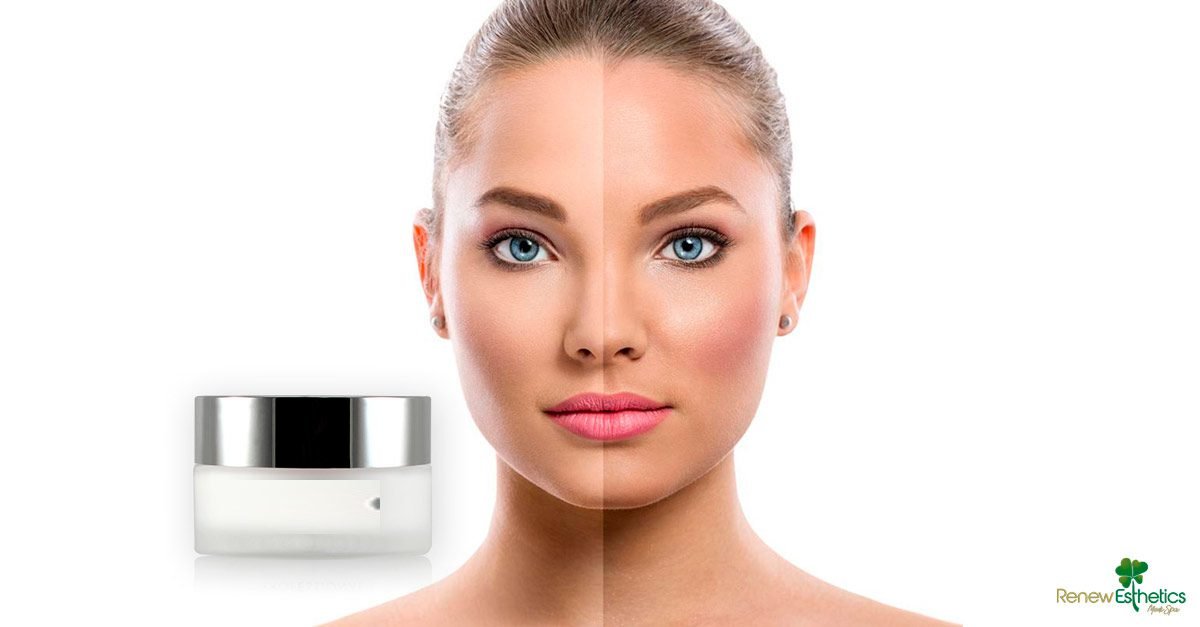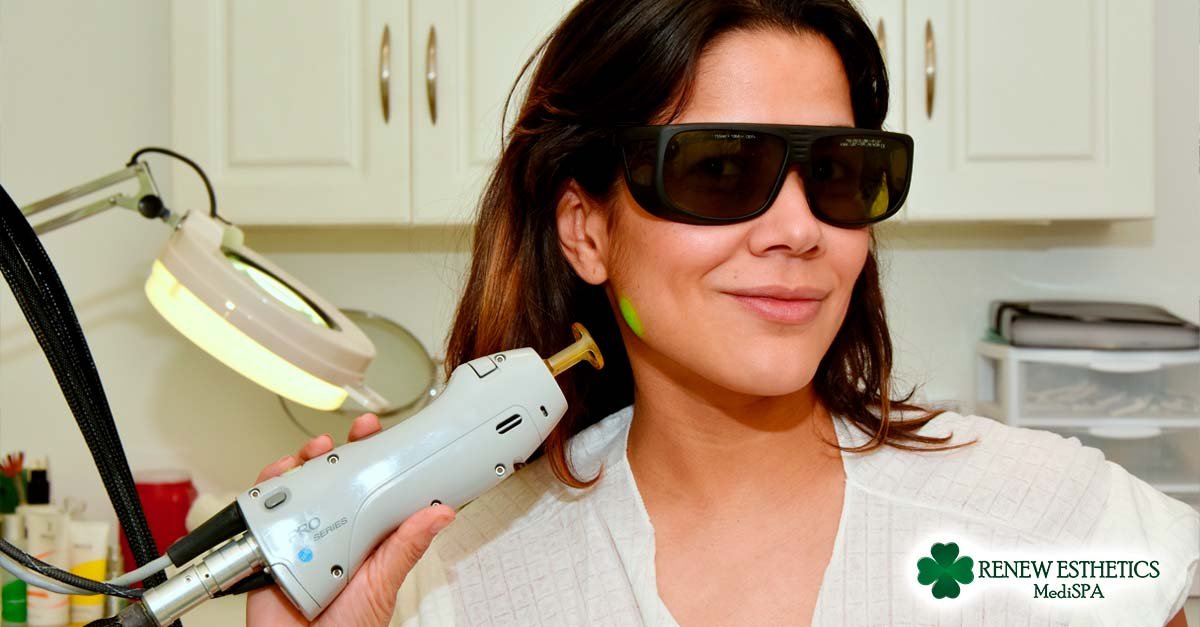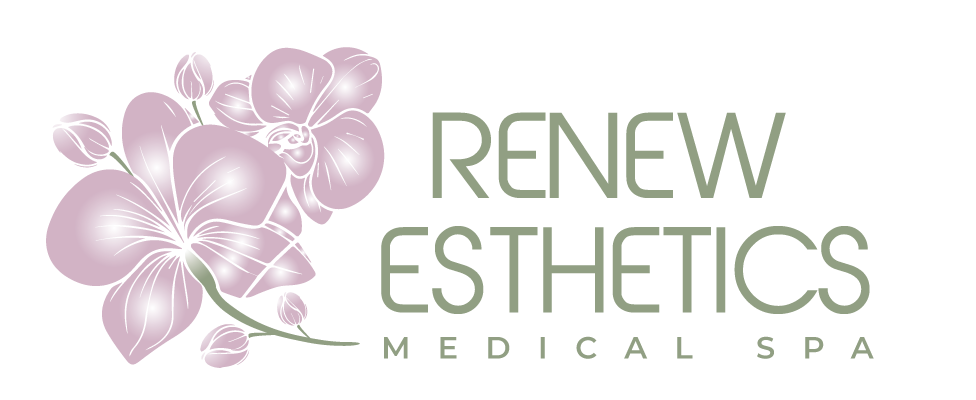Are Alpha Hydroxy Acids good for your skin?
If you’re looking for a younger, smoother, and more even-toned skin, you may be thinking about alpha hydroxy acid (AHA). But what is an AHA?
Alpha hydroxy acids are a group of natural and synthetic ingredients that, when properly formulated, can exfoliate the uppermost layers of skin to result in a fresher, smoother and refined skin, more hydrated, and, over time, becomes visibly firmer. Anyone concerned with looking younger, longer should consider adding an alpha hydroxy product to their skincare routine.
The alpha hydroxy acids (AHAs) are soluble molecules which help exfoliate the skin, removing dead cells and producing a surface transformation. … And that’s where alpha hydroxy acids come in , very important active ingredients in skin care that help improve skin quality.
How to use Alpha Hydroxy Acids?…
- Use AHA / BHA at night to avoid sensitizing your skin in the morning.
- Apply and reapply generous amounts of sunscreen the next morning.
Given there’s more than one AHA, which alpha hydroxy acids product should you use? Consider the following list to know how AHAs work and the differences between them:
Glicolic Acid
This one has been considered by many professionals to be the best-performing AHA. As the smallest hydroxyl acid molecule, glycolic acid can penetrate the skin the deepest and the fastest.
- Why it works: Like all AHAs, glycolic acid exfoliates the skin by dissolving the cellular glue and exfoliating superficial, dead skin cells. Because glycolic penetrates the deepest, it has been shown to be the most effective at stimulating collagen production, thus better promoting deeper wrinkle reduction.
- Who will benefit from it: Aside from reducing wrinkles, glycolic acid is also effective at reducing photodamage, which makes it ideal for those with more mature skin. If you have dry skin, you’ll also find glycolic particularly useful, because it draws moisture to the skin and helps prevent transepidermal water loss.
Lactic Acid
It is a naturally occurring acid derived from a variety of sources, most commonly sour milk.
Why it works: Like glycolic acid, lactic acid exfoliates as it increases moisture levels in the top layers of the skin, improving barrier function and resistance to dryness and flakiness.
Who will benefit from it: Lactic acid is great for general exfoliation and skin lightening. It is also gentler than glycolic acid, so it´s recommended for people with sensitive or darker skin because it tends to cause less inflammation in the skin after use, but getting similar desired results.
Mandelic Acid
It is a naturally occurring acid derived from bitter almond and wild cherry.
Why it works: Mandelic acid is a highly effective, renaissance acid that works on a lot of things, including fine lines, firmness, acne and discoloration.
Who will benefit from it: Mandelic acid is effective against acne because of its antimicrobial properties. It is also better for sensitive skin types and for those with darker skin because it doesn’t trigger post-inflammatory responses or pigmentation like we see from other AHAs.
Citric Acid
It is a naturally occurring acid derived from fruits, including orange, lemon and grapefruit. It is often used in skin care formulations to provide natural fragrance and preservative properties.
Why it works: Citric acid is antimicrobial and often formulated into acne products for its bacteria-busting powers.
What else you need to know: It helps to increase in dermal thickness. However, studies report citric acid is not as effective as glycolic or lactic in improving photodamage or dark spots.
Amazing peelings that contain AHAs are:LIGHTENING LIFT PEELING / ANTI-ACNE PEELING TREATMENT













